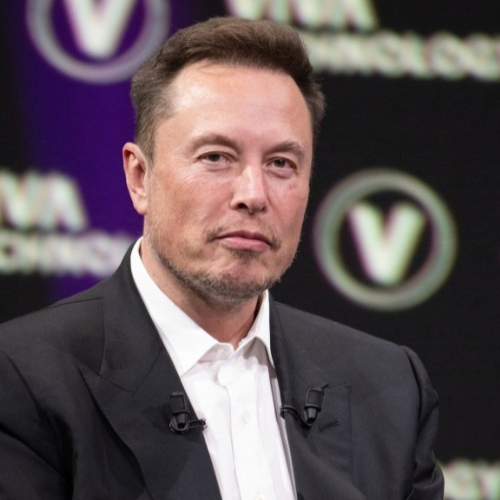Elon Musk, the billionaire behind Tesla and X (formerly Twitter), has dived headfirst into Italy’s heated migration debate, sparking widespread controversy. His remarks came after Italian judges blocked the government’s plan to detain asylum seekers in centers located in Albania. The project, championed by Prime Minister Giorgia Meloni, aimed to manage the flow of migrants crossing the Mediterranean Sea into Italy.
However, the plan has faced numerous challenges. Italian courts recently ruled that detaining migrants in Albania violates European Union laws, which require countries to ensure migrants are sent only to places deemed entirely safe. Some migrants, including individuals from Egypt and Bangladesh, were ordered to be moved back to Italy.
Frustrated by the judiciary’s decision, Musk took to social media to criticize the judges, stating, “These judges need to go.” His comments were widely covered in Italy’s newspapers and drew a sharp response from President Sergio Mattarella. The president defended Italy’s democratic system, insisting that the country can handle its own affairs without interference from outsiders like Musk.
Italy’s Migrant Centers: A Controversial Solution
The Albanian detention centers were a key part of Meloni’s promise to curb illegal migration. Italy has long faced pressure as one of the main entry points for migrants trying to reach Europe. Many arrive on overcrowded boats, fleeing war, poverty, or persecution in their home countries.
Meloni’s government hoped to use the Albanian centers to process asylum claims outside of Italy, making it easier to deport those who were not granted refugee status. But the project has been fraught with problems, including legal setbacks, delays in implementation, and criticism from human rights groups.
The European Union’s top court recently issued a ruling that no country can send migrants to another nation unless every part of that country is safe. Although this ruling stemmed from a case in the Czech Republic, it has far-reaching implications for Italy’s use of Albanian facilities.
Following the EU court’s decision, Italian courts ordered several migrants to be transferred back to Italy from the Albanian centers. Meloni called these rulings “prejudicial,” accusing the judiciary of undermining her government’s efforts. Her coalition partners echoed these frustrations, with some suggesting that judges should leave their positions if they want to shape public policy.
The Role of Italy in Europe’s Migration Debate
Italy’s struggle to manage migration has placed the country at the center of Europe’s larger debate on how to address this ongoing crisis. Leaders across Europe have shown interest in Italy’s approach. UK Prime Minister Keir Starmer praised Meloni’s progress on controlling migration, while European Commission President Ursula von der Leyen pointed to the Albania model as a potential solution for other EU countries.
Despite this interest, the project has faced skepticism from experts. Critics argue that the Albanian centers are only a small part of the solution and distract from deeper issues, such as improving the EU’s asylum system and ensuring fair distribution of migrants across member states.
Meanwhile, the political clash within the country continues to intensify. The judiciary has a history of clashing with political leaders, most notably during the tenure of former Prime Minister Silvio Berlusconi, who frequently accused judges of being politically motivated. Now, Meloni’s government is using similar rhetoric, accusing the courts of blocking policies meant to protect the country.
Musk’s involvement has added fuel to this already volatile situation. While some Italians have welcomed his support for Meloni, others see his remarks as inappropriate interference in a complex and sensitive issue. As the debate rages on, the tension between Italy’s government, judiciary, and high-profile commentators like Musk shows no sign of cooling down.


